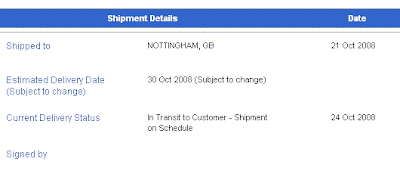Cloud computing is being hyped out of it's socks at the moment. Microsoft being the latest to enter the fray with the launch, or at least preview of, Azure Services Platform. On the face of it the case is compelling, but I'm left wondering if many companies are actually going to make the jump.
Tech startups are an obvious customer for this. My own experience with a simple Rails app I developed (to better manage our employee absence records) and wanted hosting bears this out.
I know next to nothing about linux and setting up and environment to host Rails. I signed up for an account with Mor.ph and my application was running and hosted with the hour. All for $1 a day.
A startup has zero legacy and puts a premium on time saving over anything else so it can focus on delivering it's new product/service to market. I look at Esendex and think that we've probably past the point where it's beneficial.
We, like many companies, have already invested in the infrastructure and personnel to support our IT requirements. Moving to a new infrastructure with less control and lower SLAs (Amazon offer 99.95%) than we're used to doesn't seem to make business sense.
Take a larger organisation than Esendex and the case seems less compelling.
Maybe it's the control freak in me, but I couldn't imagine twiddling our thumbs waiting for our service to come while Amazon resolved an outage.
I suspect there may be elements of cloud computing that we may find use for, archive storage strikes me as one possibility, but a wholesale migration is certainly not on the cards.
So if only startups and new projects are going to use the cloud, is there enough business to go round?




